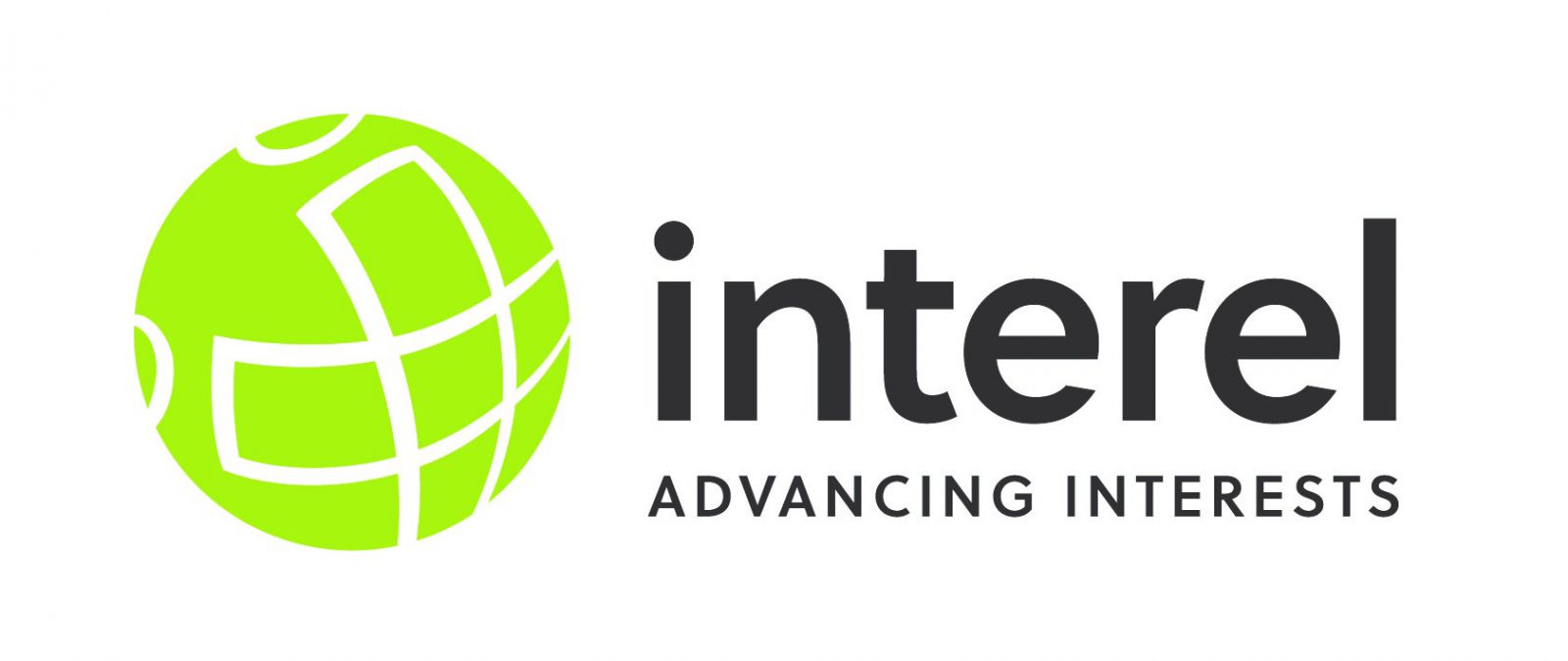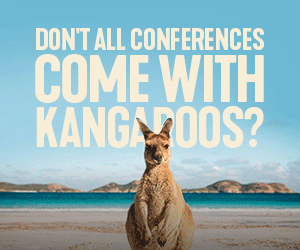Shifting Association’s Vision & Mission to Align with the 2030 Sustainable Development Goals (SDGs)

Most of us tend to agree that sustainability is a key objective of socially responsible association management. At the same time, it can be challenging to identify concrete actions that align with the mission of the association and engage members to contribute. While greener meetings and office policies are important steps, a commitment to sustainability can go well beyond operations and help associations make an impact in the world.
Chloé Menhinick highlights the crucial role that Associations play in ensuring that the UN Sustainable Development Goals are realised, and discusses why Association Leaders should see sustainability as an opportunity for positive change and innovation across all areas of operations.
.jpg)
The 2030 Sustainable Development Goals (SDGs) – the blueprint for global development – represent a fundamental shift in thinking, explicitly acknowledging the interconnectedness of prosperous business, a thriving society and a healthy environment. They name all sectors as key development actors and require an unprecedented level of societal cooperation and collaboration among civil society, business, government, NGOs, foundations and others for their achievement.
For some purpose-driven Associations with a clear environmental or social vision for example, identifying and aligning with one or more of the SDGs may seem straightforward. For others, this may be harder. Yet, there exists opportunities for all Associations to contribute directly or indirectly to achieving the SDGs.
With collaboration and cooperation having been identified as the key ingredients, the vital role of Associations role in influencing corporate sustainability becomes clear. Their vast memberships span professional and industry sectors throughout the countries, regions or the world, and they offer in-depth understanding of industry-specific trends.
Certainly, the very strength of Associations as natural forums for collaboration, partnership, education and learning, positions our organisations as a leading driver of sustainable practices and the achievement of the SDGs. Indeed collaboration across societal sectors and partnership has grown to become an essential paradigm in sustainable development and is ripe to flourish under the very modus operandi of an Association.
At the macro-level, business and trade associations are already doing much. As summarised by the United Nations Global Compact – the world’s largest sustainability initiative, to strengthen industry reputation and competitiveness, associations engage in a range of activities that advance their members’ corporate sustainability practices:
-
As a representative of businesses, associations understand issues that are material to their members. Thus, these associations are well equipped to offer sector-specific advice and guidance on key sustainability issues, by developing tools and promoting best practices.
-
With their convening power to bring together companies of all sizes in their sector, associations help develop technical standards on corporate sustainability performance. Well-developed and coherent technical standards allow effective benchmarking and data tracking on corporate practices.
-
As a trusted voice, associations have long engaged with policymakers and other key stakeholders to advance various public policy issues, often helping to strengthen key sustainability priorities such as anti-corruption and the rule of law.
-
Trade associations are an efficient and effective way for organisations within an industry sector to collectively promote sustainable production and consumption. They can synthesise existing science, create new R&D, share best practices, help smaller businesses adopt such practices, and recognise industry leaders.
-
Business and industry associations engage with consumers and the public at large to raise awareness on their sector’s contribution to society.
Moving towards 2030: What more can we be doing?
With an incredibly tight deadline that is now less than a dozen years away, achieving the SDGs, or even coming close, will require that all sectors of society — governments, businesses, non-profits, and the general public — not just accelerate their collaborations but enrich them. In this light, Associations should leverage their natural strengths to galvanise their efforts for more collaboration particularly with non-traditional stakeholders.
But success is also dependent on organisations – including all Associations, weaving the SDGs into all components of their operations; Not just their events but also into their programmes, into their organisational processes and structures as well as identifying opportunities to weave them into the very offerings and services delivered to their members, making SDG performance second nature.
Reflecting inwardly and taking a critical examination of their contributions to date, Association Leaders, staff and members are likely identify additional opportunities to implement the systemic changes needed to realise the SDGs.
In practice this could see for example, the introduction of programmes to support, enhance and recognise women professionals in your industry (supporting Goal #4, #5 & #10). It could include adopting a sustainable paper & printing policy (in support of Goal #6, #11, #12, #13 & #15). It could mean looking to stimulate partnerships with multi-stakeholder groups and take meaningful steps to enhance and strengthen cross-sector partnerships and collaboration (in support of Goal #17).
It will likely have significant impact on your strategic communications and membership engagement strategies. Shifting your Association’s vision and mission to align with the SDGs will impact on your narrative; impact and legacy will be increasingly dependent on ensuring that all your Association’s stakeholders- members, partners, sponsors, staff are speaking with one voice. Is your Association’s communication strategy geared towards achieving this unified approach? Likewise, where Association’s continue to be preoccupied with vital issues around enhancing membership value, you will be in a stronger position to achieve this if your membership offerings are focused on engaging your members directly with your efforts to contribute to the SDGs. A powerful engagement tool for your Association could be to adopt a member resolution at your AGM regarding specific ways in which your Association is contributing to the SDGS. A proactive engagement approach such as this, which demonstrates your Associations broader contributions to societal challenges will also be increasingly important in attracting and retaining younger members (and staff) such as millennials who put greater value on social responsibility and authentic purpose.
Moving Toward 2030: Not Business as Usual Anymore
Where the Association sector is already acting as a leading partner in helping deliver change by convening multiple organisations, building trust and social capital, and catalysing collaborative action, it can also learn from looking at the successful ways in which the private sector is innovating its thinking to drive social and environmental good. For many for-profit businesses, using sustainable development goals as a business framework has opened up new ways of thinking about how to run an organisation. Purpose and profit are no longer mutually exclusive but rather interwoven with the fabric of how a company or non-profit operates. Associations which already have change-making missions at their core, could consider operating more as social enterprises, identifying self-sufficient ways to generate sustainable income beyond the traditional income streams. To this end, identifying opportunities to innovate and mobilise resources to ease the pressure on reaching your membership, events & sponsorship income goals, will likely also create opportunities and importantly more readiness – from your Board of Directors to accept innovation in your Association to ensure that you can maximise your Associations’ specific contributions to achieving the SDGs by 2030.
Chloé Menhinick is a member of Interel’s Senior Advisor Group in Association Management. She has 15 years of experience of working in the Associations Industry, providing leadership across all areas of Association management & operations, membership, stakeholder engagement, strategic communications & marketing.

Other Articles
About Us
Supported by the Union of International Associations (UIA), the International Association of Professional Congress Organisers (IAPCO) and the Interel Group, the global public affairs and association management consultancy, Headquarters Magazines serve the needs of international associations organising worldwide congresses.















